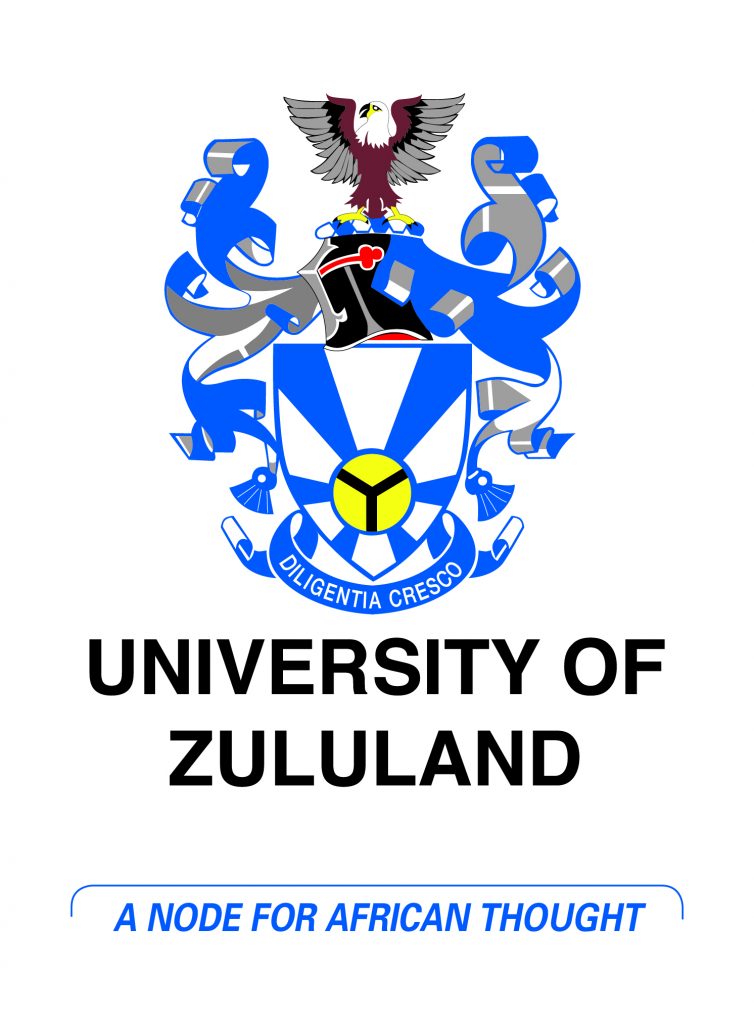Original Research
What students should know about the humanities
Inkanyiso | Vol 13, No 1 | a23 |
DOI: https://doi.org/10.4102/ink.v13i1.23
| © 2022 Teboho J. Lebakeng
| This work is licensed under CC Attribution 4.0
Submitted: 09 December 2022 | Published: 01 July 2021
Submitted: 09 December 2022 | Published: 01 July 2021
About the author(s)
Teboho J. Lebakeng, School of Social Sciences, Faculty of Humanities, University of Limpopo, South AfricaFull Text:
PDF (140KB)Abstract
The purpose of the present writer is multiple. It is (a) to consider the core philosophy and politics underpinning the teaching of the humanities in the light of the ‘’right to conquest’’; (b) to sum up the key features of the struggle for epistemic decolonisation by the African intellectual icons; and (c) to identify the responsibility of a new generation of African scholars in giving meaning and relevance to such disciplines. Pursuant to these issues, the thesis advanced here is that due to the history of colonisation and the attendant epistemicide in Africa, there is an ethical and educational necessity to inscribe African epistemology and philosophy of education in the teaching and practice of the humanities. The implications for such inscription speak to the need to address epistemic injustice and cognitive dissonance suffered by African students in the learning of such disciplines. Methodologically, the paper does not look at a particular discipline but takes a broad generalisation about the humanities, based on desk-top resource material and reflexivity of the author’s positionality.
Keywords
Epistemic injustice; epistemicide; African scholarship and humanities
Metrics
Total abstract views: 713Total article views: 303
